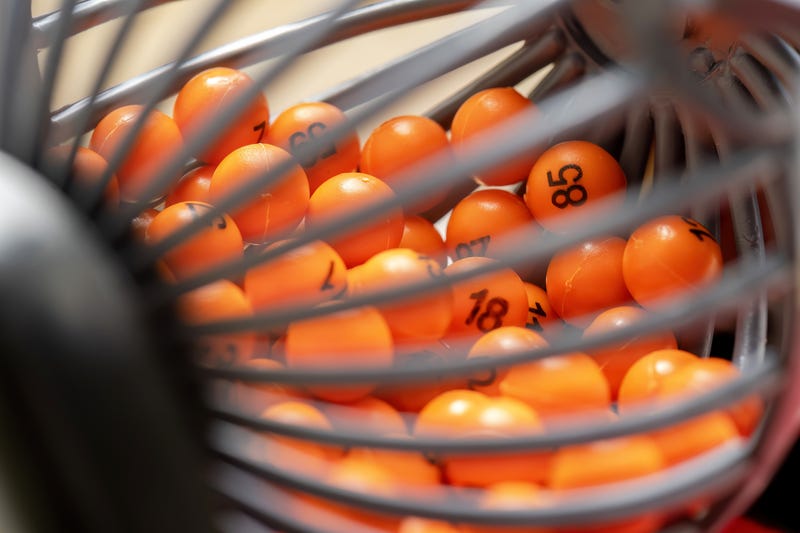
AUSTIN, TX – The Texas Lottery successfully generated $1.8 billion for the State of Texas in fiscal year 2025 (FY 2025) from $7.91 billion in total sales. This strong financial contribution comes despite significant market challenges and new consumer protection measures.
Where the Money Goes
The vast majority of the Lottery’s revenue is dedicated to supporting essential state services:
Public Education: $1.77 billion was contributed to the Foundation School Fund, which supports Texas public schools, including teacher salaries and school operations.
Texas Veterans: A record $31.1 million was provided to the Fund for Veterans’ Assistance to support grants for organizations serving Texas veterans and their families.
Since its inception, the Texas Lottery has now contributed over $35.5 billion to public education and nearly $280 million to Texas veterans’ programs.
Why Sales Declined (But Still Ranked High)
While $7.91 billion represents the fifth-best sales year in the Lottery's 33-year history, overall sales declined from the previous year. This drop was attributed to several factors:
Fewer Blockbuster Jackpots: There was an absence of the large, headline-grabbing Mega Millions and Powerball jackpots that typically cause massive spikes in participation.
New Restrictions: Sales were impacted by new requirements for responsible gaming, including the ban on lottery courier services and the rollout of required ID scanning on all self-service vending machines (starting December 2024) to prevent sales to minors.
Focus on Responsible Gaming and Oversight
In a major change to the Lottery’s structure, oversight transitioned from the Lottery Commission to the Texas Department of Licensing & Regulation (TDLR) on September 1, 2025.
Executive Director Courtney Arbour noted that TDLR remains committed to ensuring the Lottery operates with integrity and accountability while continuing to reinforce social responsibility efforts:
Vending Machine Limit: The maximum cash a player can insert into a vending machine at one time was lowered from $300 to $100.
Credit Card Policy: The agency issued updated notices reinforcing the rule that only cash and debit cards may be used for lottery purchases.
Age Verification: Age-verification technology now requires a state-issued ID to be scanned on all lottery vending machines.
Wins for Retailers and Players
Despite operational challenges, the Lottery delivered substantial returns to its partners and players:
Prizes Paid: Players collected a record $5.38 billion in prizes—68.03% of total sales. This includes the largest prize ever won by a Texas player: an estimated $800 million Mega Millions jackpot claimed in Sugar Land.
Retailer Compensation: The network of over 19,000 Texas retailers earned more than $426.6 million in commissions and bonuses, averaging over $21,600 per retailer for the year.
